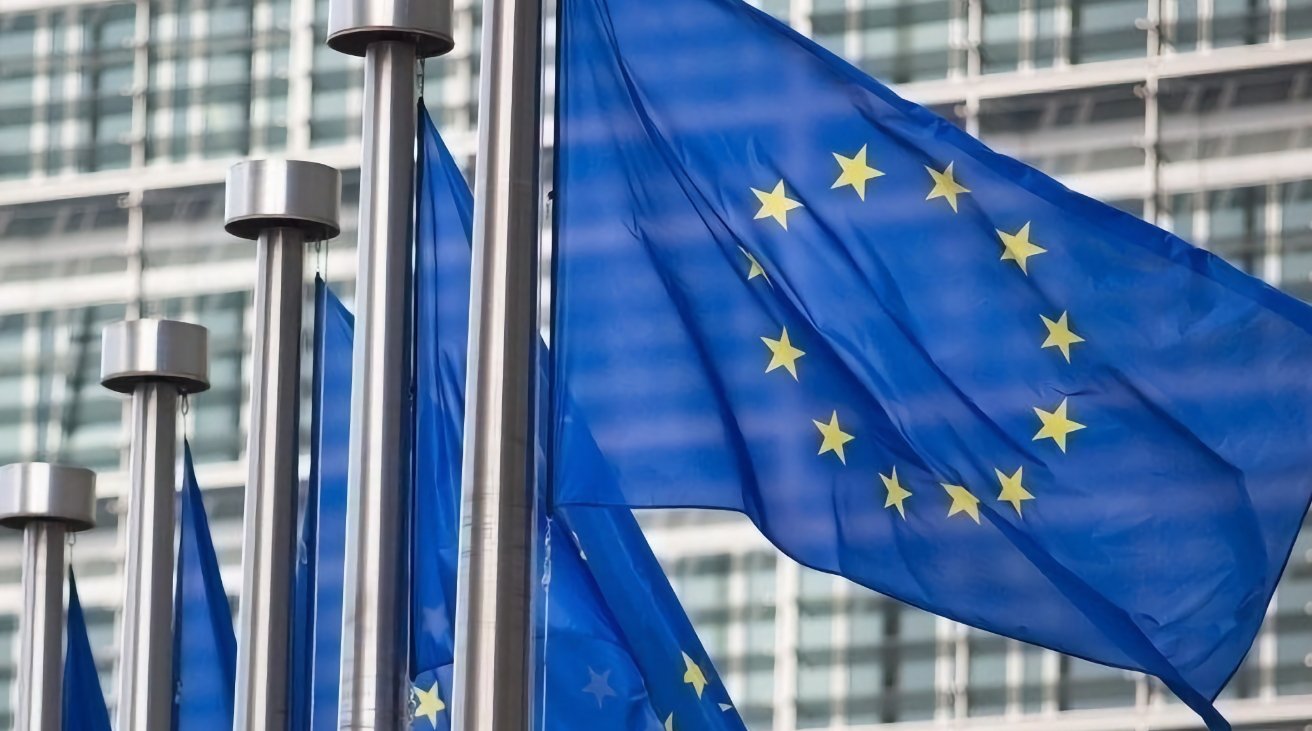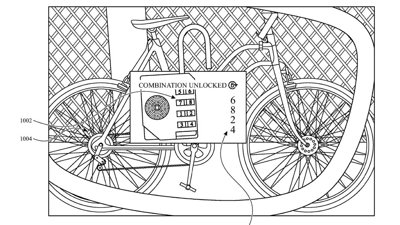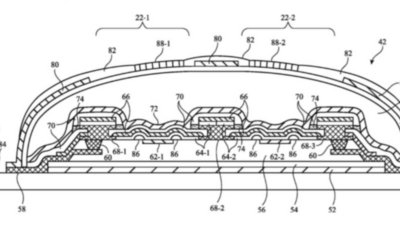Apple's Core Technology Fee at the center of EU's first DMA violation investigation
Last updated
The European Union has announced a preliminary finding that Appleis in breach of the Digital Markets Act, including how it restricts rivals, and what it charges them.
In March 2024, EU officials opened an investigation into allegations that Apple was failing to comply with the Digital Markets Act (DMA). By June, antitrust executive Margrethe Vestager was describing the EU's findings against Apple as "very serious," and it has now officially told the company its preliminary conclusions regarding how it limits rivals on its App Store.
"Today is a very important day for the effective enforcement of the DMA," said Vestager in a statement. "Our preliminary position is that Apple does not fully allow steering. Steering is key to ensure that app developers are less dependent on gatekeepers' app stores and for consumers to be aware of better offers."
In a statement to AppleInsider, Apple said that it denies failing to comply with the DMA.
Throughout the past several months, Apple has made a number of changes to comply with the DMA in response to feedback from developers and the European Commission. We are confident our plan complies with the law, and estimate more than 99% of developers would pay the same or less in fees to Apple under the new business terms we created.All developers doing business in the EU on the App Store have the opportunity to utilize the capabilities that we have introduced, including the ability to direct app users to the web to complete purchases at a very competitive rate. As we have done routinely, we will continue to listen and engage with the European Commission.
Details of the preliminary findings
The EU's preliminary report says that while Apple now offers different business terms to developers wanting to use alternative App Stores, none of the various sets of terms allow for these firms to freely steer their customers. Where Apple allows any steering, it is via a link in the app which is subject to multiple restrictions.
Then while the EU does not dispute Apple receiving a fee for facilitating how a developer gets a new customer, it says that the current fees go too far. Specifically, it disagrees with Apple charging developers for every in-app purchase made by a user within a week after following a link in the app.
Core Technology Fee
On top of the current allegations of non-compliance, the European Commission has told Apple that it will now also investigate the Core Technology Fee it levies for the use of its systems. Apple charges a fee of 50 euro cents ($0.53) for every app install after the first million, although there are exceptions.
"We have also opened proceedings against Apple in relation to its so-called Core Technology Fee and various rules for allowing third party app stores and sideloading," continued Vestager. "The developers' community and consumers are eager to offer alternatives to the App Store."
What happens next
The purpose of sending a preliminary report is that Apple can now make a case arguing against the findings. However, should the European Commission ultimately find against Apple, the EC will then figure out what they're doing within 12 months of the announcement.
So, on or before March 25, 2025, the EU could decide to fine Apple. Under the scope of the DMA, the region has the right to daily fine the company a percentage of its average global income, which works out to around $1 billion per day.
The EU will continue to investigate the allegations while Apple prepares to defend itself. However, the EU says that it will also continue to separately investigate Apple's rules for allowing apps on the alternative app stores.
This accusation of non-compliance follows the EU previously fining Apple approximately $2 billion over allegedly favoring its own Apple Music over the more successful rival, Spotify. Following that issue, the EU is reportedly investigating whether the fine has made Apple change any of its practices.
Updated June 24, 8:00 AM ET: Updated with Apple's response.
 William Gallagher and Mike Wuerthele
William Gallagher and Mike Wuerthele














 Thomas Sibilly
Thomas Sibilly
 Christine McKee
Christine McKee
 Wesley Hilliard
Wesley Hilliard
 Malcolm Owen
Malcolm Owen

 David Schloss
David Schloss

 William Gallagher
William Gallagher







33 Comments
Well aware of the arguments around the Core Technology Fee, bu I hadn't heard about this part before now:
"Specifically, it disagrees with Apple charging developers for every in-app purchase made by a user within a week after following a link in the app."
Again, the EU is saying Apple needs to allow competitors free access to its technology and platform. At fines of a billion dollars a day, Apple would be better off abandoning the EU market. At tough pill but the EU seems determined to have a PC style market for smart phones where all manufacturers pretty much offer the same devices and services and there’s little innovation or profit.
Potential customers can already get information about products/pricing via the internet, social media etc. Those are also quickly accessible through the same device. Typing “cheapest music streaming app” into a search engine is not an implausible scenario in 2024.
The anti-steering focus of the DMA doesn’t really make much sense from a technology standpoint.
It is increasingly clear that the target for Vestager is Apple itself. Not its policies. Next she will announce the maximum price that Apple can charge for an iPhone. A fine of 1B per day is obviously not sustainable and Apple would be out of business within 6 months if it paid. It is noteworthy that she decided on 'global revenue' and not from the EU countries as that would be about 100M per day. In contrast Japan has introduced potential fines based on revenue from Japan which is more fair. The EU has backed Apple into a corner and the only option may be to leave the EU.